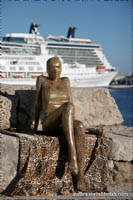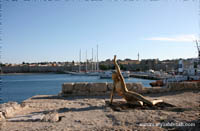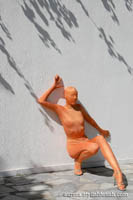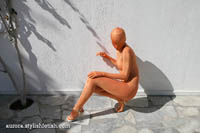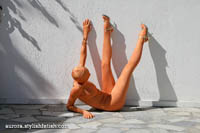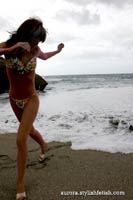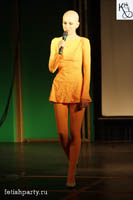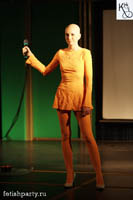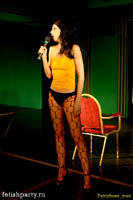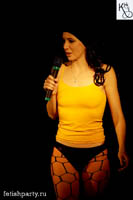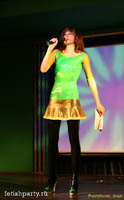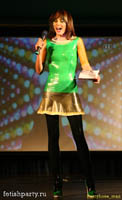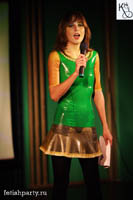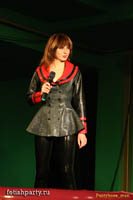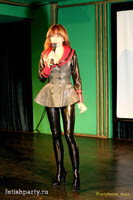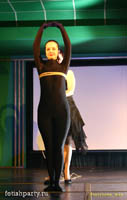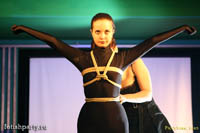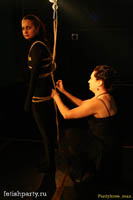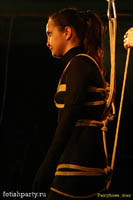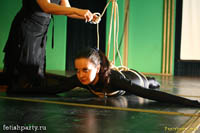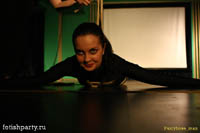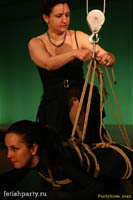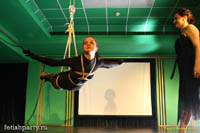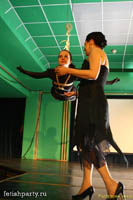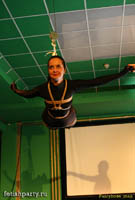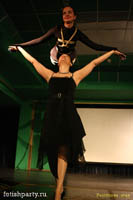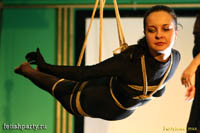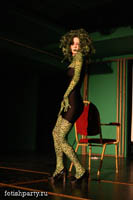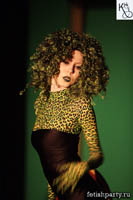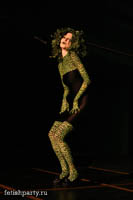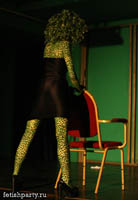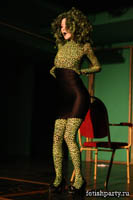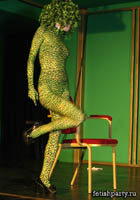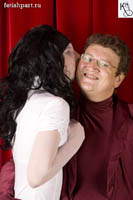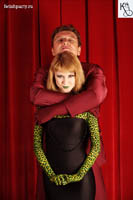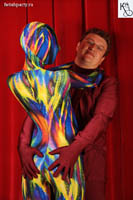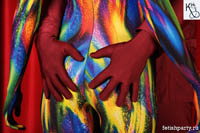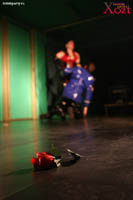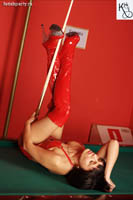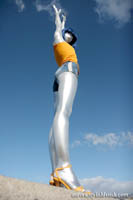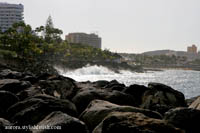Maslenitsa (Pancake week) is the only purely Russian Holiday that dates back to the pagan times. For seven days Moscow jingles with bells, sings with garmoshkas and glares with gaily-painted dresses. The people are letting the long-annoying winter out and the long-awaited spring in.
The counters in the Maslenitsa town are groaning with various dainties. There are the paunchy samovars with mellow tea, bunches of sweet-scented barankas, nuts and honey pies with different signs: “Whom I love – to those I give”, “A present of the sweet-heart is the dearest”. Salted foods, various fish, caviar – choose and eat anything however much you like!
But the essential elements, of course, are pancakes (bliny). Pancake is a symbol of sun. It is as round, gold and warm as the sun. Pancakes are served hot with either butter, or sour cream, or caviar, or mushrooms, or sturgeon – to any exquisite taste.
On the last day of the Great Maslenitsa the feasting and drinking ends up by burning down the scarecrow symbolizing winter thus saying goodbye to winter till the next year.
For the Russians Maslenitsa is like a carnival for the Italians, especially because the initial sense of festivals is the same: the Italian word “carnival” (carne-vale) means “farewell the beef!”, and Maslenitsa that precedes the Great Lent, in old time was called “Myasopust” because it was forbidden to eat meat during this week.
Maslenitsa has a dual ancestry: pagan and Christian. In Slavic mythology, Maslenitsa is a sun festival, celebrating the imminent end of the winter.
On the Christian side, Maslenitsa is the last week before the onset of Great Lent. During Maslenitsa week, meat is already forbidden to Orthodox Christians, making it a “meat-empty week” or “meat-fast week”. During Lent, meat, fish, dairy products and eggs are forbidden. Furthermore, Lent also excludes parties, secular music, dancing and other distractions from the spiritual life. Thus, Maslenitsa represents the last chance to partake of dairy products and those social activities that are not appropriate during the more prayerful, sober and introspective Lenten season.
The last day of Maslenitsa (Sunday) is called the Forgiveness Day. Everybody ask one another for forgiveness in order to redeem themselves from their sins before the Great Lent. They bow to one another and say, “God will forgive you”. Maslenitsa is over and so is the winter giving way to the spring.
Everybody knows what the Russian Soul is! This is prowess, dare-devilry, and, of course, the famous Russian hospitality. Everybody is welcome to Moscow to see the Russian winter off!
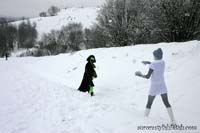



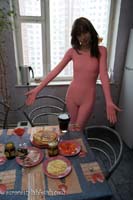
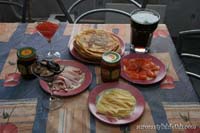
Photographer: Billy (StylishFetish.com).
